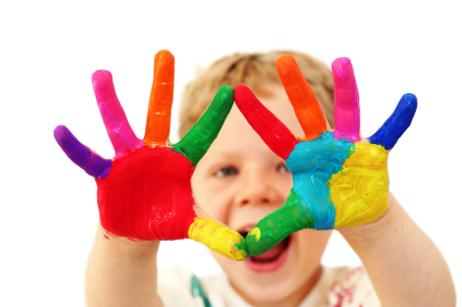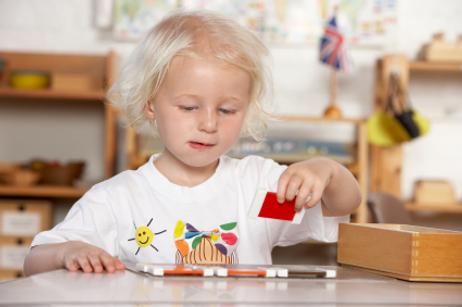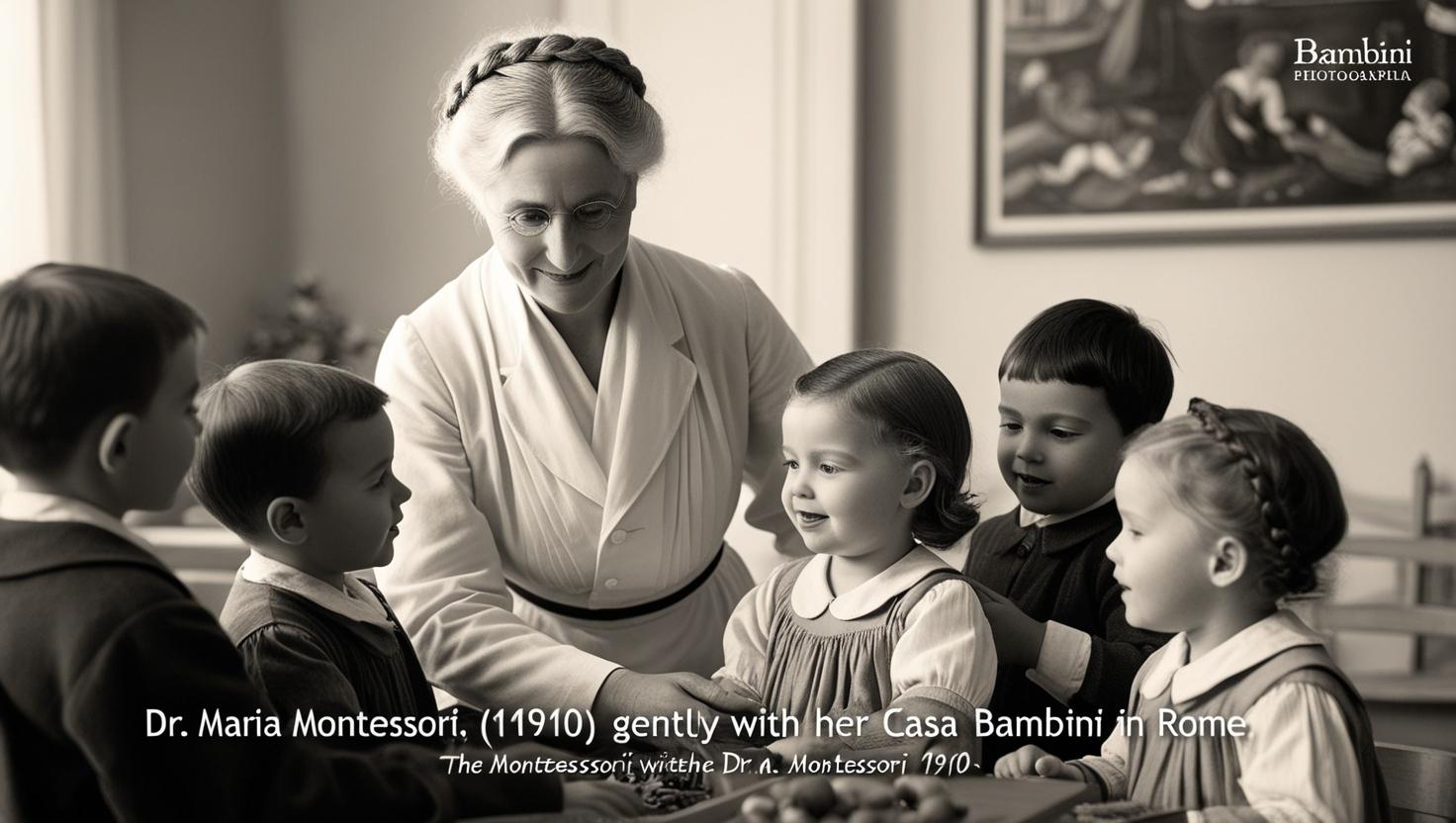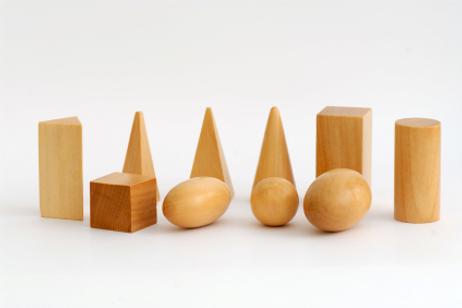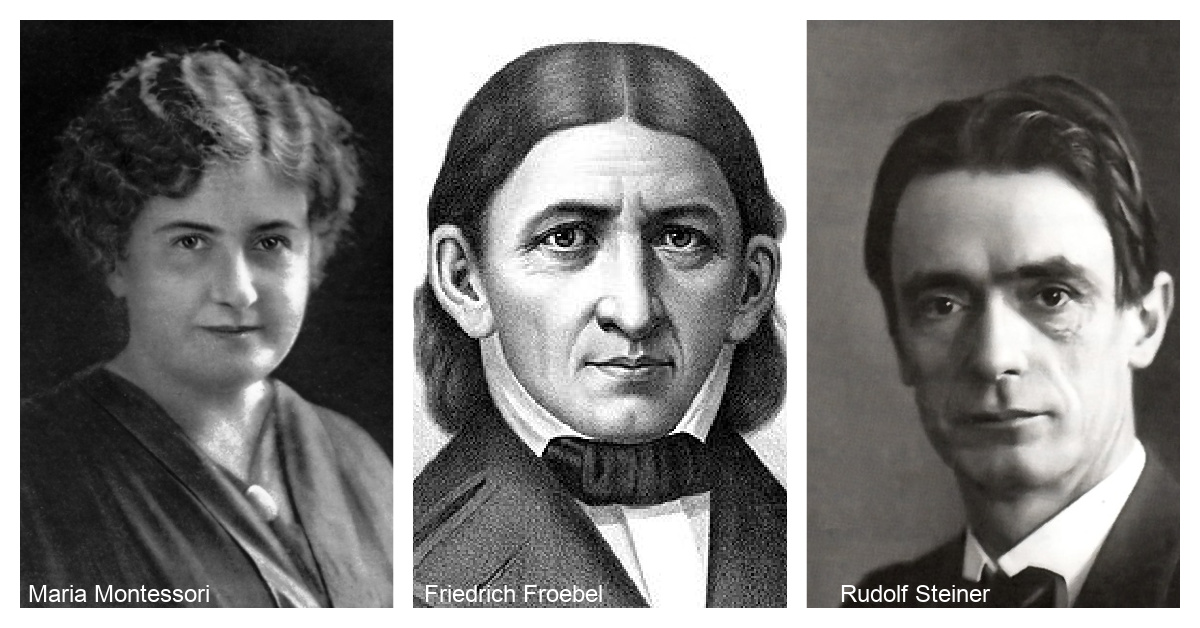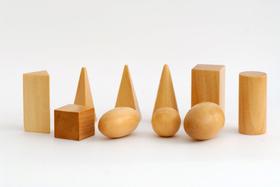Reggio Emilia is an approach to early childhood education which originated in Italy after World War II. While not as widely known as the Montessori and Waldorf methods, Reggio Emilia has attracted a small but extremely loyal following in the United States. You will not find many schools styled Reggio Emilia as you will with Montessori or Waldorf schools, for instance. What you will find are schools which draw heavily on Reggio Emilia ideas and philosophy. They often refer to themselves as Reggio Emilia-inspired schools.
This short video gives us an overview of the Reggio Emilia approach.
The foundation of the Reggio Emilia approach can be found in the movement's principles.
- Children must have some control over the direction of their learning;
- Children must be able to learn through experiences of touching, moving, listening, and observing;
- Children have a relationship with other children and with material items in the world that children must be allowed to explore;
- Children must have endless ways and opportunities to express themselves.
What then is Reggio Emilia? Here are five facts about it. There's much more to Reggio Emilia, of course, but this will give you an idea of what it is all about.
1. It is strictly an early childhood education approach.
Reggio Emilia values "the potential of all children to think, learn, and construct knowledge." Like Montessori Reggio Emilia is a progressive, child-centered approach to education. The idea is

